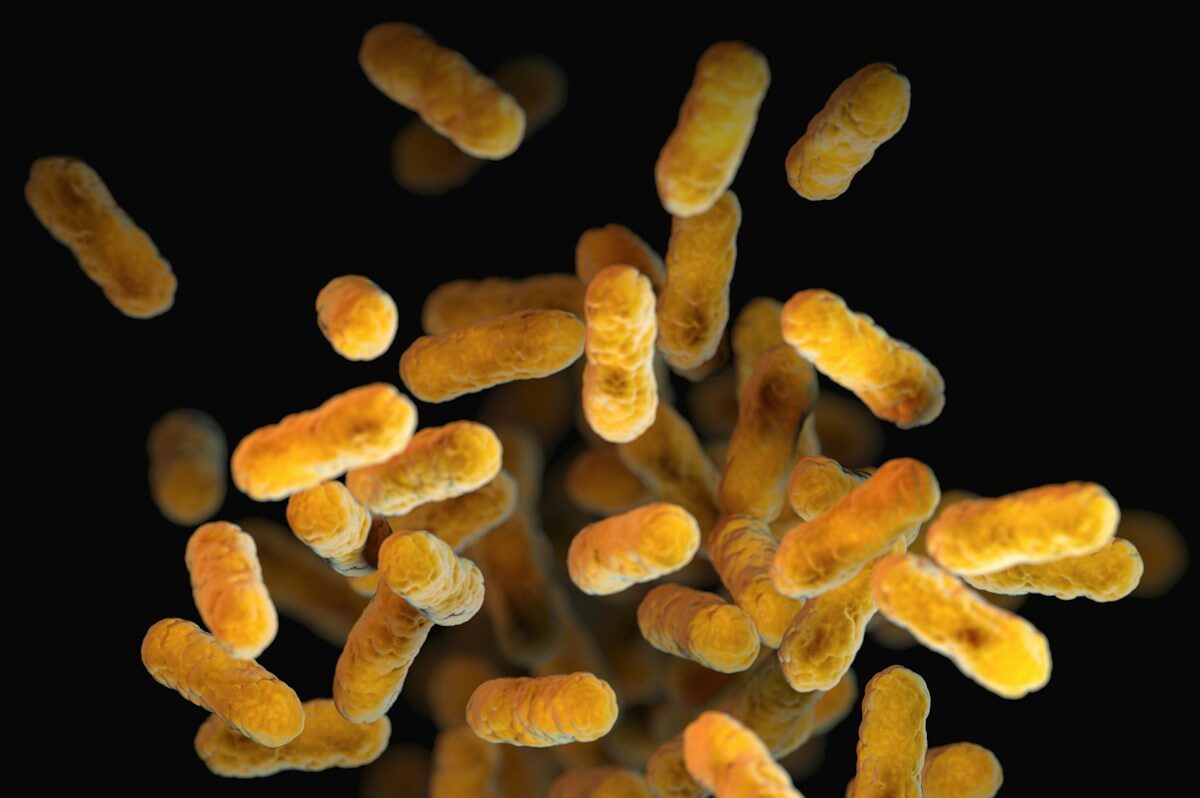New research reveals potential benefits of gut-friendly bacteria in supporting focus and social behaviour in children with neurodevelopmental conditions.
A new UK-based clinical trial has found that probiotics – the so-called “good bacteria” – may help reduce some of the behavioural symptoms associated with ADHD and autism spectrum disorder (ASD) in children.
Published in the Journal of Abnormal Child Psychology, the study is the first of its kind to use a gold-standard randomised, double-blind, placebo-controlled design to investigate the potential behavioural effects of specific probiotic strains in children with neurodevelopmental challenges.
Targeting the Gut–Brain Axis
The trial involved 80 children between the ages of 5 and 16, including 42 diagnosed with autism and 38 with ADHD. Over the course of 12 weeks, half the participants were given a daily probiotic capsule containing two specific strains – Lactiplantibacillus plantarum and Levilactobacillus brevis – while the remaining participants received a placebo.
Both bacterial strains were selected for their known ability to influence key neurotransmitters like dopamine and GABA, which play crucial roles in attention, mood, and social engagement. The trial aimed to test whether this gut–brain link could translate into measurable improvements in symptoms.
Promising Results with No Major Side Effects
Children were assessed before and after the intervention using a combination of standardised parent questionnaires, child self-reports, and computer-based attention testing. Although the full data is yet to be publicly released, the published findings indicate modest improvements in symptoms of inattention and social responsiveness among children who received the probiotic supplement.
Crucially, the probiotics were well tolerated, with no significant side effects reported — a key consideration for parents and clinicians alike.
A First for Clinical Assessment
The study is the first to use the Conners’ Continuous Performance Test (CPT) — a computerised tool that objectively measures attention and impulsivity — in a probiotic trial for children with ADHD or autism. This adds a valuable layer of rigour to the results, which have typically relied on subjective parent or teacher reports in past studies.
Implications for Future Treatment
Lead researchers noted that while probiotics are not a replacement for behavioural therapies or medication, they could offer a safe and accessible adjunct therapy for children with ASD or ADHD — particularly for families seeking more holistic or natural approaches.
This research builds on a growing body of evidence linking gut microbiota to mental health and cognitive function, particularly in neurodevelopmental conditions where the gut–brain axis may be disrupted.
Next Steps
Researchers are calling for larger-scale trials to confirm and expand on these findings. They also aim to better understand which children might benefit most and how long-term probiotic use could influence development over time.
Key Takeaways for Parents:
-
Always consult a GP or paediatrician before starting probiotic supplements.
-
Look for well-researched strains such as those used in this trial.
-
Consider probiotics as part of a wider care plan, not a standalone solution.
Reference:
“A Randomised, Double-Blind Placebo-Controlled Trial of Probiotics in Children with Neurodevelopmental Conditions” – Journal of Abnormal Child Psychology, SpringerLink, 2024.







